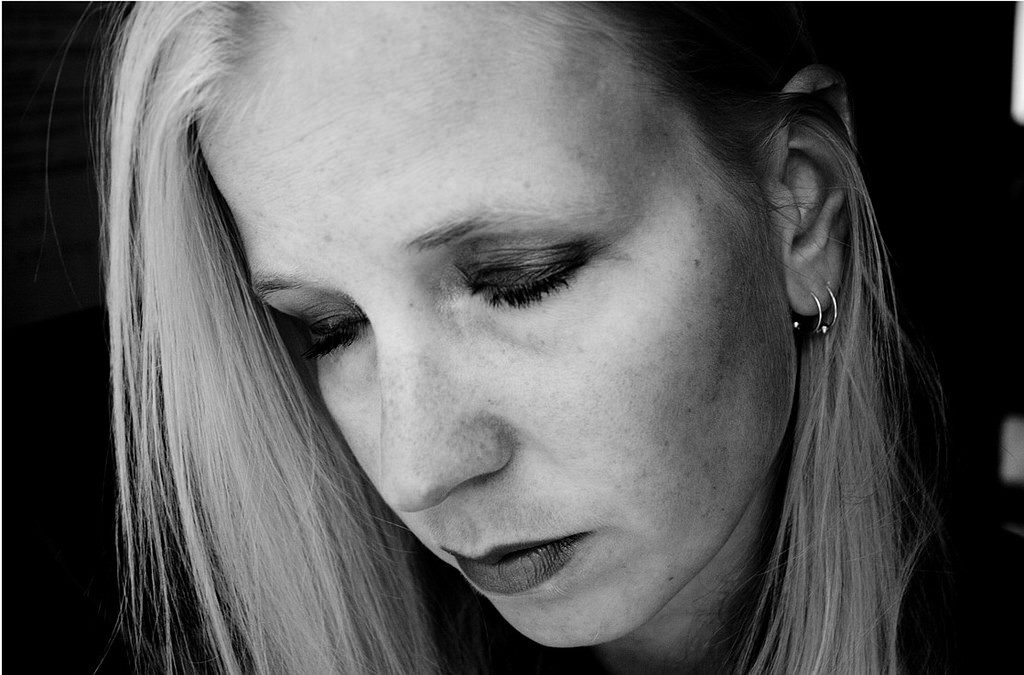Silent Sacrifices: Disenchantment and Despair

The majority of my identical twin patients struggle with the lifelong consequences of having been the caretaking twin in their relationship. This dynamic occurs in different familial situations for different reasons—some inexplicable and unconscious and some in response to traumatic childhood experiences in which a relationship with a parent was unavailable or unreliable.
Generally speaking, the twin who assumes the caretaking role has a specific developmental trajectory. This dynamic is most pernicious when one twin unilaterally and purposefully takes on this role with the unconscious or conscious expectation that she or he will ultimately be rewarded and appreciated for the selfless sacrifices made on behalf of her or his twin. Usually, this dynamic is not articulated or discussed. It simply exists in the minds of one or both of the twins living out this collusive contract.
More often than not, an unpredictable external event will generate an intrapsychic jolt that perplexes both twins simultaneously. When an unforeseen disruption occurs, the caretaking twin often faces a crisis of identity. One of my patients endured this predicament when her sister entered into a committed relationship with a boyfriend. Although many years have passed, she still recalls the visceral pit in her stomach and the sense that her world was collapsing. Our work together helped her understand why she fell apart; our current focus is finding and defining her individuality. She used to derive a sense of power and expertise from “having her sister’s back” because she steadfastly believed that her sister would do the same for her. My patient felt bereft, enraged, and eviscerated when her sister’s relationship became public. If the caretaker’s function is eradicated, then so is her sense of supremacy, specialness, and domination.
Interestingly, this same dynamic can evolve in nontwin relationships as well. Many psychotherapists work with patients who were their parent’s caretaker. This dynamic is often called reverse parenting. Moreover, in many dyadic relationships, one person assumes the role of primary caretaker in hopes of getting his or her needs met indirectly. This results in a discrepant power struggle within the relationship. The caretaker cannot directly communicate personal needs and desires without risking conflict or reprisals.
Most twins skillfully and artfully negotiate this caretaking role with one another by practicing and fostering reciprocity and mutuality. Fortunately, their relationship evolves evenly because each twin can move in or out of the caretaking position as needed and manage any disruptions arising from extenuating circumstances.
Image courtesy of Global Panorama (CC BY-SA 2.0)

